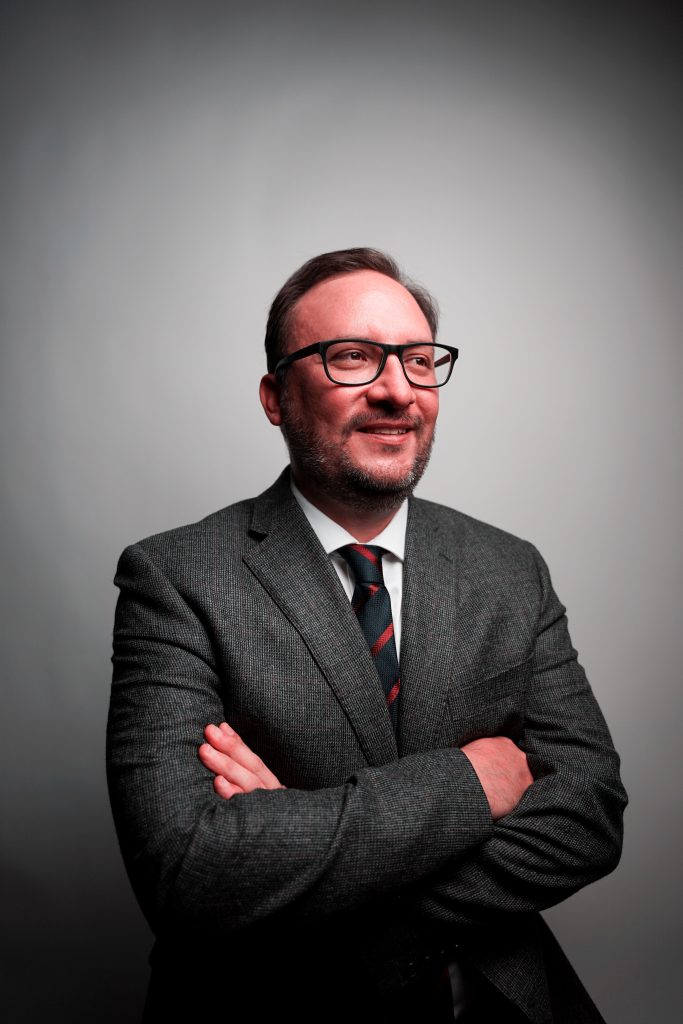
Founded in 2012, the European Cardiovascular Research Institute (ECRI) was established for the purposes of serving as a collaborative effort for European nations to undertake investigator-initiated cardiology studies. Cardiology Research Organisation of the Year 2023 – Europe awardee ECRI today facilitates both the design and execution of such studies and trials, with each proudly boasting full certification and adherence to ICH, GCP, and ISO standards and guidelines. At present, randomised trials are being carried out whereby ECRI is the sponsor, with these being possible thanks to scientific grants generously afforded by those in leading industry positions. Thanks to this groundbreaking initiative carried out with the support of industry leaders boasting expertise in their respective fields, a multicentre, multinational experience has been created that possesses endless opportunities for study and development in the realm of cardiovascular health.
As a non-profit institute that proudly brings together Europe’s top clinical researchers and supporting industry staff to carry out clinical studies aiming to demonstrably improve cardiovascular healthcare, the European Cardiovascular Research Institute nobly manages and implements such studies in line with international regulations and to a series of pre-established budgets and timelines. These efforts are rooted primarily in collaboration with experts from across Europe, which is where a considerable amount of its investigation sites are located, and trials carried out. The exception to the rule is the Global Leaders and Master Dapt studies, with these having sites across a multitude of continents in addition to Europe.
One clearly apparent strength of this united front is that it assembles a large network of both investigators and sites, serving to provide the ECRI with the unique advantage of being able to select a site quickly from one of its nearly 40 partner countries, with the large scale of this operation also offering a large pool of possible patients, enabling enrolments to be undertaken in a swift yet realistic manner. By involving pioneers in the field of cardiology from a host of countries, resources can be combined, and project managers sourced that are able to offer unique insight, something that is particularly effective when it comes to assessing the quality of the available clinical data and images.
Regarding the countries which presently enrol patients into ECRI studies, the list is expansive and spans multiple continents, highlighting how regions all over the world can come together effectively to work towards groundbreaking research on such a vital area of study. These countries are, Austria, Argentina, Australia, Bangladesh, Belgium, Brazil, Bulgaria, Canada, Czech Republic, Denmark, Estonia, France, Germany, Hong Kong, Hungary, India, Israel, Italy, Kazakhstan, Kingdom of Bahrain, Luxembourg, Macedonia, Mexico, Netherlands, Poland, Portugal, Romania, Saudi Arabia, Serbia, Singapore, Slovenia, South Korea, Spain, Sweden, Switzerland, Taiwan, UK, and Vietnam.
Across these 38 countries is almost a dozen representative experts who make up ECRI’s Scientific Advisory Board, with this esteemed group consisting of a series of like-minded scientists, cardiologists, and statisticians, each of whom has demonstrated a keen interest in pursuing the designing and execution of these clinical trials. In an effort to co-design and stimulate clinical investigations on a trans-Atlantic level, this board is inclusive of trialists from across Europe and faculty from other continents across the globe, and membership is pro bono and can be secured by invitation only.
Each and every project undertaken by the ECRI is also managed by a steering committee, with this distinguished group of individuals being comprised of true scientific and clinical leaders. An ECRI representative is too always on hand, ensuring that things run smoothly. Further solidifying the safety of all operations is a series of independent data and safety monitoring boards, as well as clinical events committees, with these groups present to guarantee patient safety, data integrity, and the assessment of outcomes are all upheld to the highest calibre.
Located at the very heart of ECRI is a desire to serve as a pioneer in the realm of trial leadership, with this being achieved through supporting industry, the sites, and subcontractors that in turn support it. Since it is a non-profit organisation, ECRI offers sponsorship capabilities inclusive of contracting and subcontracting, patient insurance, quality assurance, risk management, project oversight, and controlling budgets. This is incredibly important in today’s environment, as there is less funding available for clinical research, and the plethora of requirements that have to be fulfilled before a trial can be carried out have resulted in single companies finding it increasingly difficult to raise the necessary funds for their studies.
It is this environment that ultimately produced ECRI, with this institute being founded for the purposes of serving as an intermediary between academic leaders and the supporting industry vital in funding such endeavours. The successful relationships that have been forged are clear to see, and in the past decade or so, 12 studies have been carried out, with a particularly notable trial being named “Global Leaders” and consisting of 16,000 “all-comer” patients who were enrolled in 130 centres and hospitals across 18 countries in Europe, Australia, Brazil, Canada, and Singapore.
This study saw patients being treated with the drug bivalirudin (in the countries where it is available) and a biomatrix stent, which had been fully randomised to produce either ticagrelor and aspirin followed by one month of ticagrelor monotherapy for a course of 23 months, or an intensive dual antiplatelet therapy, with this course of treatment lasting for 24 months. The first patient in this trial was enrolled by Belgium’s Dr Aminian from the CHU in Charleroi, and the whole trial was operated under ECRI’s umbrella, and supported by grants from businesses such as Biosensors, AstraZeneca, and The Medicines Company.
Across this incredibly important trial, partner company Cardialysis was made responsible for carrying out project and data management, site monitoring, safety reporting, and carrying out ECG analysis, among other such tasks. Results from this trial were published in The Lancet in 2018, with the primary endpoint concluding that, “experimental treatment strategy [is] superior to reference treatment strategy on cumulative 2-year composite of all cause mortality and new Q-wave MI.” These results serve as just one example of the stellar work that has been carried out over the last decade, with exceptional results sure to continue well into the future with the host of cardiovascular clinical trials currently underway.
Quintessentially, the trials that have been carried out by the European Cardiovascular Research Institute have immeasurably benefited the lives of countless people across Europe and even further afield, and with more than 400 people dying from heart and circulatory diseases every day in the UK, these efforts are more important now than ever before, with these numbers only set to increase. As a result of the phenomenal work done by the European Cardiovascular Research Institute, it is our pleasure to provide it with this award, and we wish the team all the best in all of their future trials and studies.
For business enquiries, contact Ernest Spitzer from European Cardiovascular Research Institute on their website – https://www.ecri-trials.com/






















